5 Features The iPad Needs To Succeed In The Enterprise Market
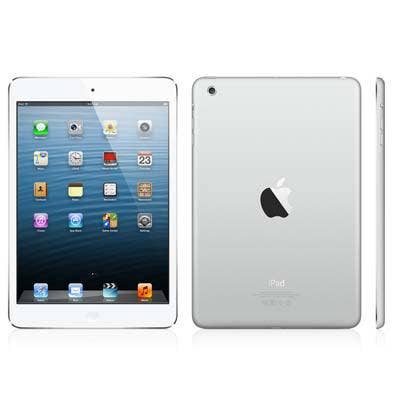
A Hit Among Consumers, But A Flop In The Enterprise
The iPad may be the top tablet for consumers, but Apple's trademark tablet has been struggling with sales, and partners are blaming this on a missed opportunity -- the enterprise market.
While competitive vendors like Microsoft and Lenovo are growing steadily in tablet market share, according to market research IDC, Apple seems to have hit its peak in the consumer market, facing a 12.7 percent decline in sales from 2013 to 2014.
Partners say that future renditions of Apple's tablet need to appeal to the enterprise to succeed. Here are five specific features that partners believe the iPad needs to increase its sales among businesses.
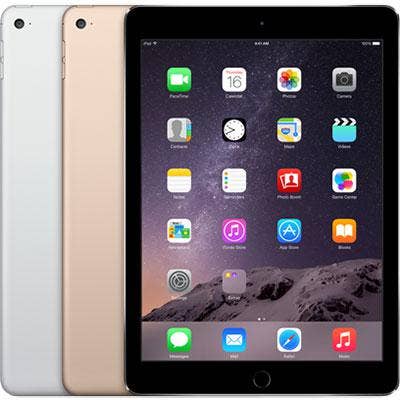
5. Industry-Specific Apps
As most of its other devices do, Apple's iPad contains mostly consumer-based apps, but lacks industry-specific apps to make the device more desirable for enterprise clients.
App developers are flocking to make apps that will draw the most revenue, partners say, and because Apple is a consumer-focused company they target that type of market. However, the company needs to start pushing out more incentives for app developers to make headway in the enterprise app space.
Apple has recently tried to amend this issue by partnering with IBM in December to create MobileFirst for iOS, in which IBM would sell iPads with industry-specific solutions and apps to business clients worldwide.
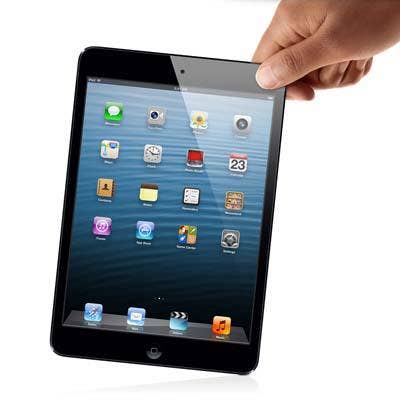
4. Flexible Design
The iPad bests other tablets in portability and light design. However, customers in the workplace care more about the ease of use for tablets and how the devices facilitate industry-specific tasks.
The Surface Pro tablet excels in this aspect through its versatile kickstand, allowing users to adjust the tablet to any angle they want to type or take notes in a similar way to a laptop. While kickstands can be bought as an accessory for other tablets, many of these accessories accommodate only one or two viewing angles.
Other tablets, like the Lenovo Yoga Tablet, have amped up their screens to 13 inches to facilitate productivity tasks such as editing spreadsheets.
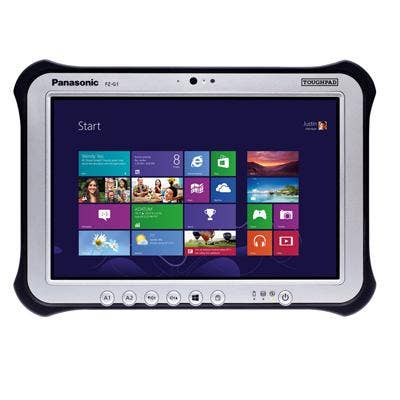
3. Tablet Durability
The iPad's light weight is a strength for portability, but a weakness for those who are constantly on the road and want to ensure their devices are protected.
Tablets like the Panasonic Touchpad FZ-A1 (pictured) and Touchpad FZ-G1 aim to solve this issue through promoting rugged features that can take drops, dust and water for employees who need to lug around the device on business trips.
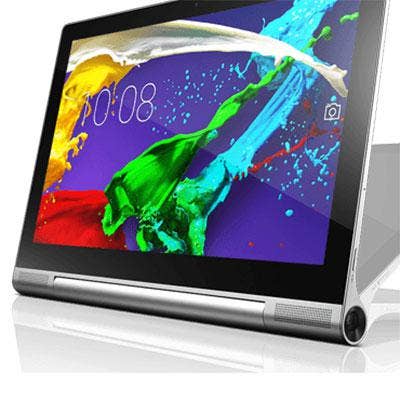
2. Business-Specific Accessories
The Lenovo Yoga Tablet 2 Pro (pictured), which was specifically built for businesses, has a hardware button to activate a built-in Pico projector on the device, enabling professionals to share a slideshow, video or PowerPoint presentation. The Surface Pro 3 comes equipped with a mini-DisplayPort and full-sized USB 3.0 port, as well as the Surface pen, the tablet's customized stylus.
The iPad needs further development in these business-specific accessories, which could help pave the way into the enterprise market.
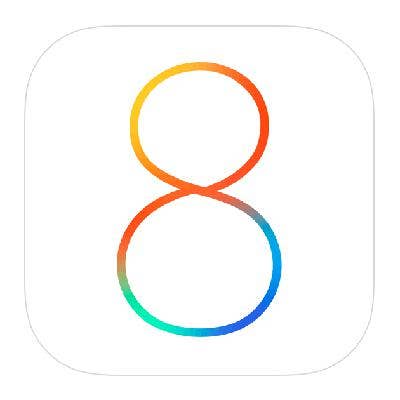
1. Productivity Functions in iOS
The main issue with Apple's iPad tablet digs at the heart of Apple -- the lack of productivity tools offered on the Cupertino, Calif.-based company's operating system.
In order to effectively and securely incorporate iPads into their networks, businesses need to use mobile device management and security tools at an additional fee. Windows-based tablets, on the other hand, contain tools and cloud-based services promoting device management and IT security functions. Surface Pro tablets also contain Microsoft Office, an enterprise gem for office productivity.